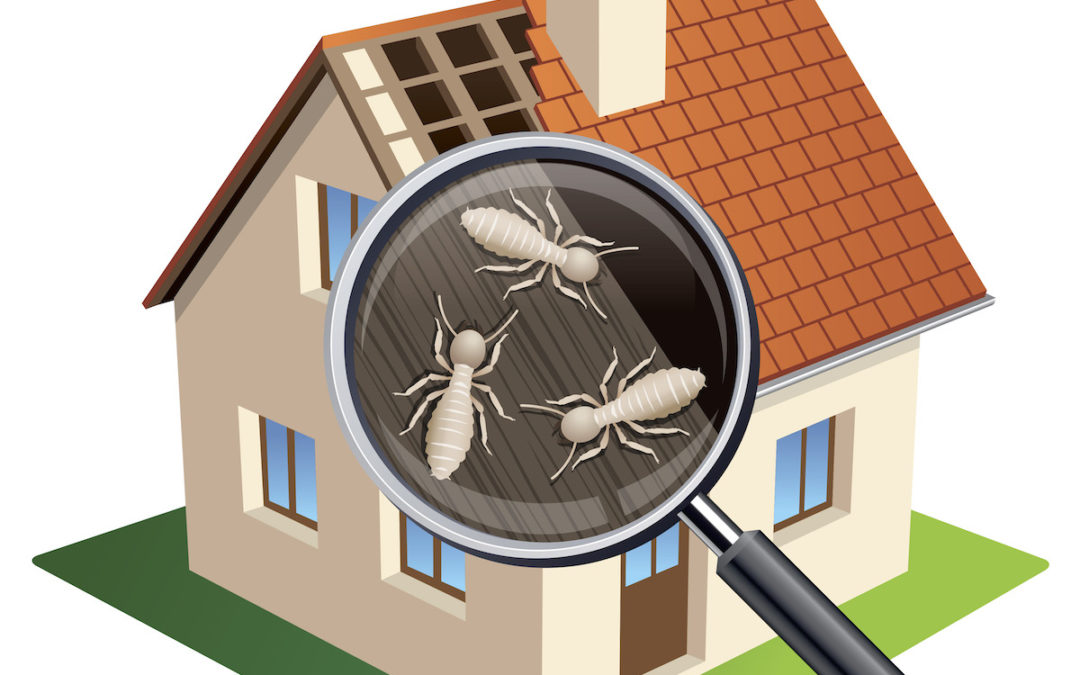Environmental Effect of Parasite Control: Balancing Efficiency With Sustainability
The environmental influence of parasite control is an important concern that needs a delicate equilibrium in between achieving efficiency in taking care of insects and making certain sustainability of our ecosystems. As we make every effort to shield our crops, homes, and health and wellness from the risks posed by insects, the techniques we utilize can unintentionally hurt the setting. From the use of dangerous chemicals that permeate into our dirt and water to the unplanned effects on non-target varieties, the effects of conventional pest control techniques are significant. Nevertheless, there are arising strategies that supply wish for a more sustainable approach to pest administration. These solutions not only aim to deal with the prompt pest issues however also think about the long-term health of our earth.
Unsafe Chemicals in Bug Control
The use of damaging chemicals in parasite control postures substantial ecological and health threats that necessitate cautious factor to consider and reduction strategies. Herbicides, pesticides, and pesticides are commonly made use of to get rid of parasites, but their extensive application can lead to unintentional repercussions. These chemicals can contaminate soil, water resources, and the air, impacting not only the targeted pests but additionally valuable insects, wild animals, and people.

To deal with these risks, incorporated insect administration (IPM) methods are being advertised as a more sustainable alternative. IPM involves a mix of methods such as biological control, environment manipulation, and the targeted usage of pesticides as a last hope (ant control albemarle nc). By taking on a holistic approach to pest control, we can decrease the ecological and wellness influences associated with unsafe chemicals while properly managing pest populations
Influence On Non-Target Species
Considering the unintended consequences of parasite control approaches, the impact on non-target varieties is an important element that calls for thorough assessment. While insect control measures aim to target specific parasites, various other microorganisms in the ecosystem might be unintentionally affected. Non-target types, consisting of helpful insects, birds, mammals, and also plants, can experience indirect or straight harm from chemical applications or organic control techniques.
Chemicals can have sub-lethal or deadly impacts on non-target types. For instance, pesticides designed to battle a specific insect bug might damage pollinators like bees or all-natural predators such as ladybugs. In addition, chemical residues can gather in the setting, impacting non-target microorganisms gradually. In a similar way, biological control representatives, otherwise species-specific, can present risks to unintended targets, interrupting the eco-friendly balance.
To minimize the impact on non-target browse around here species, incorporated parasite administration (IPM) approaches that emphasize an alternative approach to pest control are recommended. These techniques prioritize making use of ecologically pleasant methods, reducing harm to helpful organisms while effectively handling pest populaces. Conducting thorough danger assessments and keeping track of the end results of parasite control efforts are essential actions in protecting non-target species and promoting general ecological community health.
Soil and Water Contamination
Unplanned environmental repercussions of bug control techniques prolong beyond impacting non-target species, with significant ramifications for dirt and water contamination - termite control services. Chemicals, herbicides, and chemical fertilizers made use of in parasite control can seep into the soil and pollute groundwater, posing a risk to both aquatic and earthbound environments.
Water contamination is another critical issue associated with insect control practices. To mitigate soil and water contamination from parasite control tasks, integrated insect administration methods that focus on sustainability and reduce chemical inputs are critical.
Air Air Pollution From Chemical Usage
Direct exposure to air-borne chemicals during farming applications presents a considerable problem for air pollution control steps. Furthermore, pesticide drift, where pesticides are lugged by the wind to unexpected locations, can lead to the contamination of neighboring environments and water bodies.

Approaches for Sustainable Insect Control
In the world of agricultural practices, carrying out lasting pest control techniques is critical for maintaining eco-friendly balance and securing crop returns. Lasting parasite control stresses the usage of ecologically friendly methods to manage insect populations properly while reducing harm to non-target organisms and ecological communities. Integrated Pest Monitoring (IPM) is a commonly embraced strategy that incorporates organic, cultural, physical, and chemical control methods to attain long-term parasite monitoring services.
One key strategy in sustainable parasite control is promoting biodiversity within agroecosystems. By boosting all-natural enemies of bugs, such as predators and parasitoids, farmers can decrease the requirement for synthetic chemicals. Plant turning and diversity are also reliable methods to disrupt pest life process and develop much less favorable conditions for bugs to prosper. Furthermore, making use of pest-resistant crop selections and utilizing strategies like trap chopping can help in reducing insect stress without relying heavily on chemical interventions. Eventually, by integrating these lasting parasite control strategies, farmers can achieve a balance between pest management performance and environmental stewardship.
Final Thought
In verdict, the environmental impact of bug control approaches have to be carefully thought about to balance performance with sustainability. Unsafe chemicals made use of in pest control can result in soil and water contamination, air contamination, and damage non-target types - ant control. It is critical to apply lasting parasite control strategies to lessen these adverse effects on the environment and advertise a much healthier environment for future generations
By embracing an alternative strategy to pest control, we can minimize the environmental and wellness impacts connected with unsafe chemicals while properly taking care of pest populations.

To alleviate the air pollution triggered by chemical use, it is vital to take on integrated insect administration methods that focus on the usage of non-chemical bug control techniques, such as plant rotation, all-natural predators, and immune plant selections. Sustainable parasite control emphasizes the usage of eco friendly approaches to handle bug populations properly while decreasing damage to non-target organisms and ecosystems. Integrated Bug Administration (IPM) is a commonly embraced strategy that combines biological, social, physical, and chemical control techniques to accomplish long-term pest management solutions.